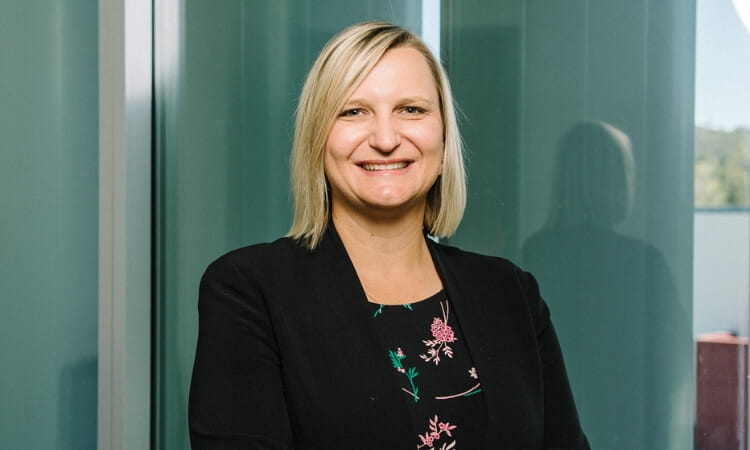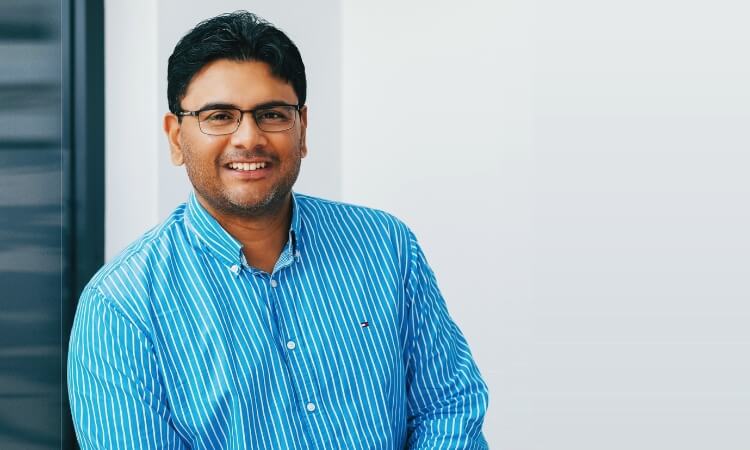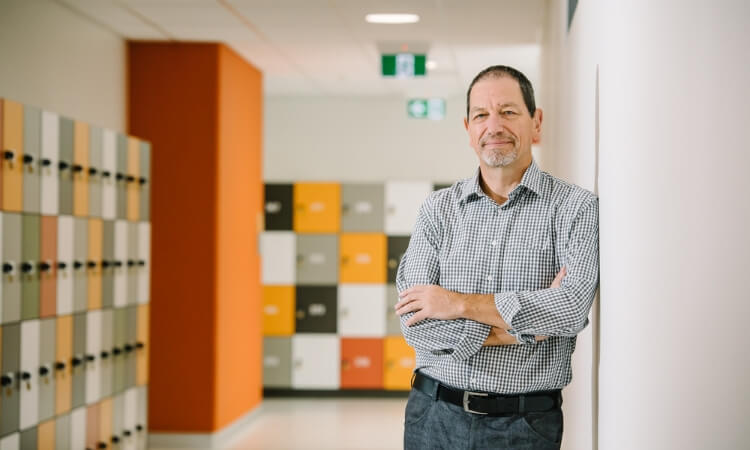UniSQ Thought Leadership Series: Professor Sonja March on rethinking mental health

For more than 20 years, Professor Sonja March has been at the forefront of national efforts to improve how Australians access and experience mental health care.
Driven by a deep understanding of the challenges faced by families seeking help for mental health, she has dedicated her career to breaking down the barriers that prevent people from getting the support they require.
Her leading research is helping to increase access to mental health support – so young people can get the help they need, when they need it.
Professor March will share her insights at the upcoming UniSQ Thought Leadership Series event, How To Think Differently About Mental Health, at the UniSQ Ipswich campus on Wednesday 20 August.
Ahead of the event, we caught up with her to talk about the current mental health landscape and what she’s most looking forward to discussing.
As the Executive Director of the UniSQ Institute for Health and a Founding Chief Investigator of the Manna Institute, what are some of the current key challenges and opportunities facing Australia in the mental health space?
There are some very significant challenges faced by Australians with respect to their mental health. Our young people are more distressed than ever before; they are facing so many pressures and life shouldn’t be this hard for our next generation. Mental health problems are also emerging much earlier now, in early childhood, which can really impact schooling, friendships, and family life.
For adults, the biggest challenge is being able to seek and receive help when you need it. Our mental health services are at capacity, waiting lists are long, and the current cost of living makes it very difficult for people to access private help. And that’s if you know where to go to find help.
All of this is complicated by the fact that we are increasingly exposed to stressors, both locally and around the world. Whether it’s disasters, financial stress, or other trauma, there’s a lot going on in people’s lives. Information is at our fingertips, but that also means that we are constantly bombarded with stories about horrible things going on in the world. Many people also feel disconnected from friends and families, even though we are in the ‘connected age’, so isolation and loneliness are becoming more common.
There are, however, opportunities for us to rethink mental health and wellbeing and look for ways we can reduce stress as a society and in our communities. Now is the time to think about how we want our next generation of young people to grow up and how we can build strong local communities to support each other. It’s also finally time for us to embrace preventive health – we need to address the determinants of poor mental health.
With over 20 years of experience developing innovative solutions to make mental health assessments and treatments more accessible to Australian families, what are the most crucial factors for people in regional, rural and remote Australia?
People living in regional, rural and remote Australia may face additional challenges when it comes to mental health. It is even harder to find help outside of major cities; psychologists and psychiatrists may only visit once a month and many families need to travel a long distance to see someone. With that travel comes time away from their families and their work, which can be next to impossible for many, especially in the current economic climate. There are some innovative services available, like telehealth and digital health – but this doesn’t work for everyone. Poor technology infrastructure and complex needs mean that some regional and rural people still can’t access help.
On top of that, environmental challenges like drought, floods and weather impacts are ongoing stressors for regional and rural people. Some rural towns can counteract issues of loneliness and youth disengagement by building local supports and community culture, but it takes a lot of effort.
What do you think is the biggest misconception about mental health today? Are there any outdated beliefs that society should ‘unlearn’?
As a society, we have come a long way in identifying mental health challenges and understanding that these are common. Whilst we have reduced stigma associated with mental health, there is still a long way to go with reducing stigma around seeking help.
We’ve also hit a point where we can learn a lot about mental health online, but that doesn’t mean that we don’t need professional help to understand it properly. Supporting mental health or illness isn’t just about figuring out a ‘diagnosis’, it’s about coming to an understanding of what is going on for the person and how it is impacting their lives. This will help us figure out the best ways to support mental health.
We also need to challenge the notion that we must wait until problems are bad before we can act. There are shifts we can make as individuals, communities and society that would promote wellbeing and positive mental health. It isn’t always about being ‘resilient’; we need to rethink the things that are causing mental health challenges.
What are you most looking forward to discussing at this Thought Leadership Series event?
I’m looking forward to discussing mental health as a holistic concept and challenging our ‘medical’ way of thinking. I’m also looking forward to talking about the determinants of mental health that, as a society, we need to address.
Register now to attend the free UniSQ Thought Leadership Series event – How To Think Differently About Mental Health.


